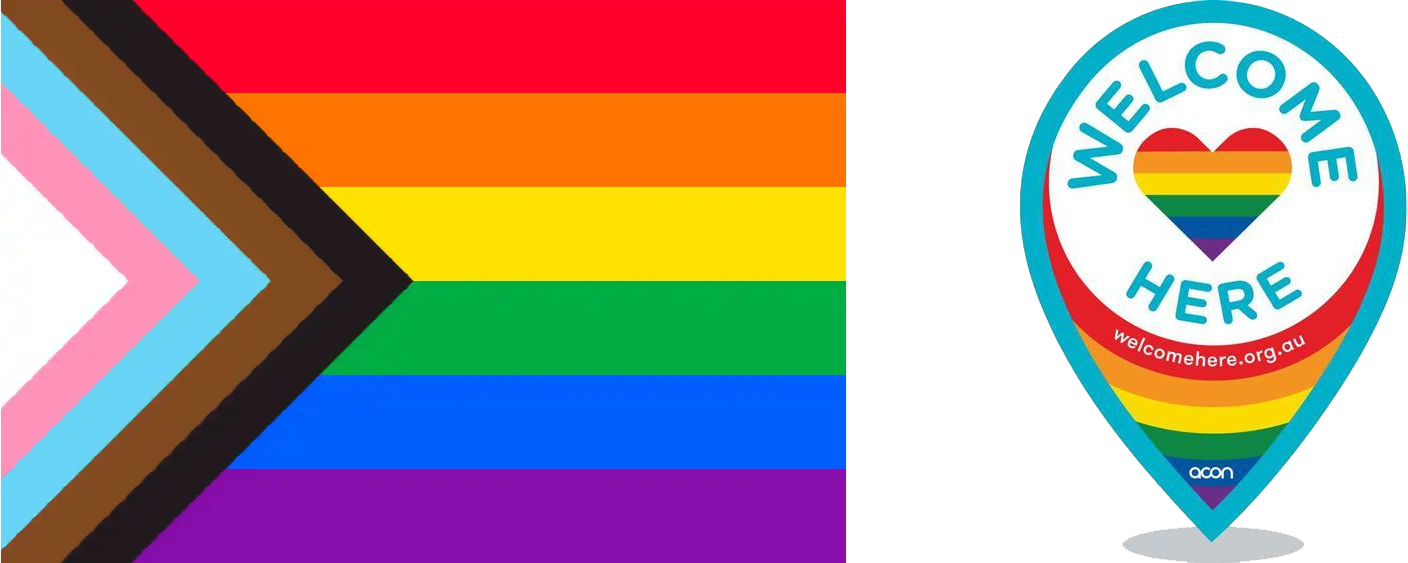Any Questions?
The Cycle of Abuse: Understanding Domestic, Family, and Sexual Violence
Domestic violence is receiving increasing attention in Australia, highlighting the urgent need for continued action and support. Despite ongoing efforts to address this issue, recent findings indicate a concerning pattern. Alarmingly, the rate of homicides involving intimate partners has surged, showing nearly a 30% rise in female intimate partner homicides between 2021-22 and 2022-23. Additionally, statistics show that 1 in 5 men have faced violence from a partner since they were 15. The widespread nature of domestic violence has become even more evident in recent years, particularly during times of crisis like the COVID-19 pandemic. It is an issue that affects individuals across all genders, ages, and backgrounds, highlighting the need for a comprehensive, community-driven response.
The Australian government has announced an unprecedented level of funding to tackle family violence, recognising it as a critical issue that requires urgent action. This funding, part of a historic $4.7 billion package, aims to support victims, improve services, and implement prevention strategies across the nation. However, experts argue that while this financial commitment is significant, there is an urgent need for these resources to be deployed effectively and swiftly. Experts warn that delays in implementing these programs can have severe consequences, as many individuals experiencing domestic and family violence cannot afford to wait for support. The government's challenge now is to ensure that this funding translates into timely and impactful interventions to protect and empower those at risk.
In this blog, we’ll explore the current state of domestic violence in Australia, examining its effects and emphasising the importance of community support and resources in addressing this pressing concern.
What is Domestic Violence?
Domestic violence refers to a recurring pattern of harmful behaviours used by one individual to exert power and control over another within a domestic environment. This can take place in various relationships, including marriages, de facto partnerships, families, or other close, intimate connections.
Signs of Domestic Violence
- Unexplained injuries or frequent medical visits
- Sudden changes in behaviour or personality
- Withdrawal from friends, family, or regular activities
- Excessive worry about making their partner angry
- Limited access to finances, family, or friends
- Changes in appearance or mannerisms due to fear of partner's reactions
Why Does the Abuse Keep Happening?
The Cycle of Abuse involves four stages that continuously repeat, making it difficult for the victim to escape the cycle. The first stage is tension building, where stress and strain within the relationship gradually increase. The abuser may become more irritable, impatient, or easily angered, causing the victim to feel anxious and on edge. The victim might try to keep the peace or avoid conflict, but despite their efforts, the tension keeps rising.
This tension ultimately escalates to the second phase, known as the incident of abuse. During this stage, the abuser unleashes their pent-up frustration through acts such as physical aggression, emotional manipulation, verbal assaults, or other abusive behaviours. As a result, the victim is left feeling frightened, helpless, and profoundly impacted by the experience.
Following this comes the reconciliation or honeymoon phase, where the abuser may show regret, apologise, or promise to change their behaviour. They might become temporarily affectionate or generous, offering gifts or kind gestures to win back the victim's trust. This phase can create a false sense of hope and relief for the victim, making them believe that the abuser has changed.
The final stage is calm, where things seem to go back to normal for a while. The abuser may act loving and caring, and the relationship appears stable. However, this is usually temporary, as the underlying issues are not addressed, leading to the tension building once again.
The Different Types of Domestic Violence
Is domestic and family violence solely about physical harm? Many people have this misconception, but it is not the full picture. Domestic violence can take on many forms within relationships, from physical harm to coercion and social isolation. It's crucial to recognise that every type of domestic violence, regardless of how it manifests, is unacceptable and inexcusable.
Here are the different types:
1. Physical Violence
This includes hitting, slapping, pushing, choking, or using weapons. Physical violence can result in visible injuries or long-term health issues.
2. Emotional and Psychological Abuse
This form of abuse includes behaviours that manipulate, intimidate, or undermine an individual's sense of self-worth or emotional well-being. Examples include verbal insults, threats, manipulation, isolation, and gaslighting.
3. Sexual Abuse
Involves any non-consensual sexual activity or behaviour. This includes forcing a partner to engage in sexual activities without their consent or using coercion.Common scenarios are marital rape, sexual assault, or being forced into degrading sexual acts.
4. Financial or Economic Abuse
Occurs when one partner controls or restricts the other’s access to financial resources, limiting their independence and ability to leave the abusive relationship.
5. Social Abuse
Involves isolating the victim from friends, family, and community. The abuser may monitor or control the victim's social interactions, communications, and movements.
6. Stalking
Repeated, unwanted surveillance or harassment of the victim that causes fear or distress. Stalking can include following, monitoring, or contacting the victim against their wishes.
7. Spiritual or Religious Abuse
This involves using spiritual or religious beliefs to control or dominate someone, such as forcing them to participate in religious practices against their will or using religious beliefs to justify abuse.
8. Cultural and Identity Abuse
This form of abuse targets a person’s cultural background, language, or identity. It may involve denying someone access to cultural practices, belittling their cultural identity, or using cultural beliefs to justify abusive behaviour.
9. Technology-Facilitated Abuse
Using technology to harass, monitor, or control a person. This includes cyberstalking, distributing intimate images without consent, and controlling digital communications.
10. Coercive Control
A pattern of behaviour that involves the use of intimidation, threats, and other tactics to instill fear and establish control over the victim. Coercive control often involves multiple forms of abuse and is designed to strip the victim of their autonomy. Common scenarios are threatening to harm children or pets, controlling daily activities, or dictating what the victim can wear or do.
What Are the Factors Contributing to Domestic and Family Violence?
While each situation is unique, there are several common factors that can increase the risk or likelihood of domestic and family violence.
- Traditional gender roles and societal attitudes
- Financial pressure, unemployment, and economic dependence
- Substance abuse
- Mental health problems, such as untreated trauma, personality disorders, or severe depression.
- Exposure to violence in childhood
- Factors, such as age differences, dependency, or social isolation
- Limited access to support networks, particularly in rural or remote areas
- Fear of not being believed, concerns about child custody, or lack of understanding of legal rights
The Effects of Family Violence on Children’s Well-Being
Exposure to such violence can lead to a range of emotional, behavioural, and developmental issues. Children who witness violence often experience intense feelings of fear, anxiety, and confusion, which can affect their ability to feel safe and secure. They may struggle with low self-esteem, depression, and emotional trauma, which can impact their mental health and overall well-being.
Behaviourally, children exposed to domestic violence may display aggression, withdrawal, or difficulty in forming healthy relationships. They may also experience problems at school, such as poor concentration, academic struggles, or disruptive behaviour. In the long run, these children face a higher risk of continuing the cycle of violence, potentially becoming victims or abusers in their own future relationships.
The Importance of Community Support
While government initiatives and targeted strategies aim to reduce domestic violence, local community support plays a crucial role in offering immediate assistance and relief. Organisations like FOCUS Connect have been serving Sydney's South West Multicultural (CALD) community for over 40 years, providing essential services and programs. Our goal is to empower CALD families to build stronger, healthier relationships and improve their overall well-being within the community.
If you or someone you know is experiencing domestic violence, it’s important to seek support from trusted friends, family members, or support services who can offer assistance and guidance. There are confidential helplines and shelters that can provide immediate help and a safe place to stay. Seeking help is a courageous step towards breaking the cycle of abuse and reclaiming your life.
For more information about FOCUS Connect and our programs and services, visit our website or contact us directly on 02 4627 1188.
Related Articles

FOCUS Connect, a registered not-for-profit charity, provides practical assistance and support services to disadvantaged and marginalised individuals. As a My Aged Care provider, we offer Support at Home and Commonwealth Home Support Programme services across South West and Northern Sydney. Additionally, we are a leading provider of community services to multicultural and culturally and linguistically diverse (CALD) populations across South West Sydney.
Need Support or Know Someone Who Does?
If you need support, call us at 02 4627 1188 or contact us via our online enquiry form, and we will get back to you shortly to discuss your needs and how we can assist you. If you know someone who could benefit from our services, refer them to FOCUS Connect to help them receive the support they need and deserve.














